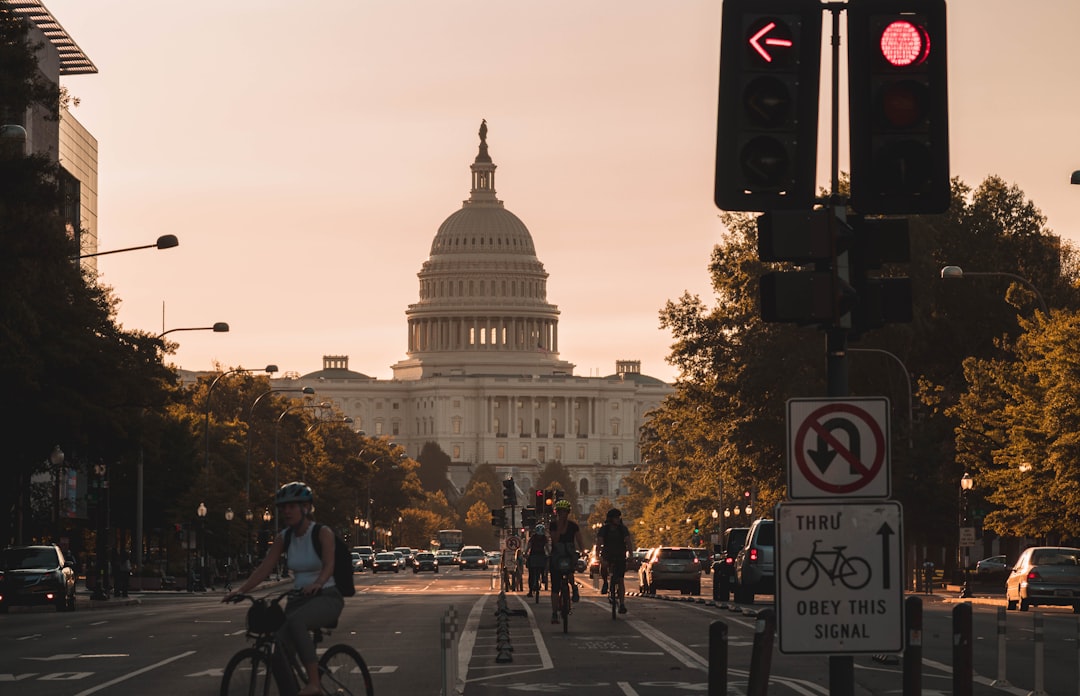Motion to Compel: Let’s discuss what’s happening in DC this week.
Thought-provoking questions and arguments for your consideration each week.
Crypto Regulations & DC Fintech Week

Let’s discuss what’s happening in DC this week. And no, we’re not referring to the committee hearings. The 6th annual DC Fintech Week, a policy conference organized by Georgetown University School of Law’s Chris Brummer, kicked off on Monday in the Nation’s capital. While every professional knows the true benefit of a conference is the in-person connections made, there are still plenty of impactful highlights from the week.
If you’ve been following the progression of the stablecoin bill, there’s a glimmer of hope as reported in coverage by CoinDesk:
“We agree on all the components of what the asset is,” said Rep. Patrick McHenry, ranking Republican member of the House Financial Services Committee. “We’ve come up with a pretty ugly baby. It is a baby, nonetheless.”
Essentially, the bill may take the next steps within months, but ongoing disagreements on regulatory oversight and storage of assets are ongoing. But what else is new? The crypto community has wrestled with the balance of educating lawmakers and pushing for adoption and clear guardrails. For legal advisors, it’s difficult to confidently advise clients when policy has yet to be written.
When speaking on banks' ability to tokenize, Fed Vice Chair for Supervision Michael Barr pointed towards risk identification as the major pinpoint. However, attendees seemed to notice the underlying tone of Barr’s message was interconnectedness. The alphabet soup of regulatory oversight agencies must cooperate and align for guardrails to be confidently established.
Congresswoman Maxine Waters, Chairwoman of the House Committee on Financial Services and representative of the burgeoning silicon beach in Los Angeles, also attended the conference. Waters spoke on her Committee’s consensus on digital assets products and services, including the need for regulation, “robust” consumer and investor protection, and laser focus on financial inclusion.
From DAOs to crypto winter, blockchain to EU policy, and housing to risk - the conference covered the pressing issues facing emerging innovations. But with all conferences, are these discussions merely a self-congratulatory vacuum? Or can Brummer eventually lead the annual policy conference toward effective policy implementation? For law students, there’s a glimmer of hope in the 2022 winning papers as an opportunity to push the boundaries with our professors and facilitate cutting-edge research.



